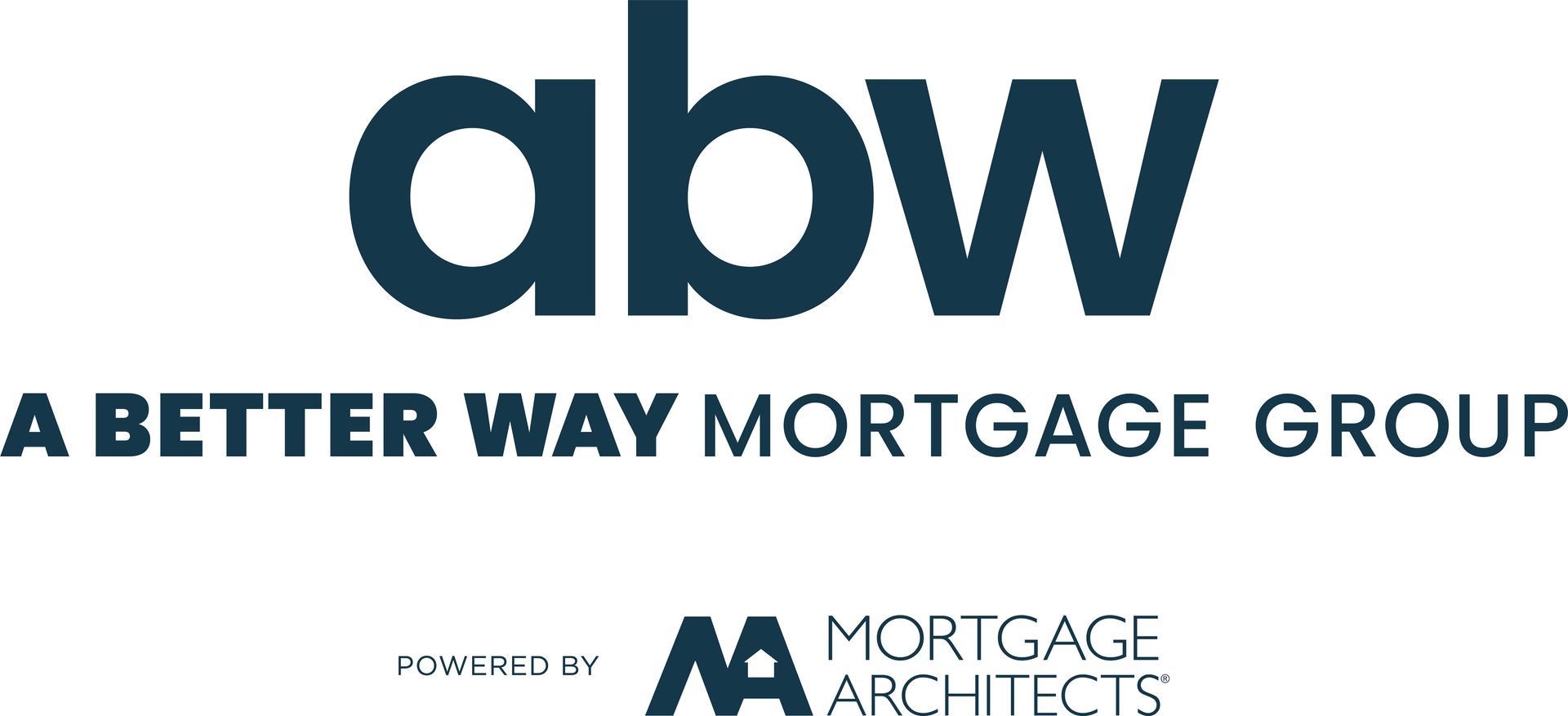How to Raise Your Credit Score and Unlock Better Rates
Want a Better Credit Score? Here’s What Actually Works
Your credit score plays a major role in your ability to qualify for a mortgage—and it directly affects the interest rates and products you’ll be offered. If your goal is to access the best mortgage options on the market, improving your credit is one of the smartest financial moves you can make.
Here’s a breakdown of what truly matters—and what you can start doing today to build and maintain a strong credit profile.
1. Always Pay On Time
Late payments are the fastest way to damage your credit score—and on-time payments are the most powerful way to boost it.
When you borrow money, whether it’s a credit card, car loan, or mortgage, you agree to repay it on a schedule. If you stick to that agreement, lenders reward you with good credit. But if you fall behind, missed payments are reported to credit bureaus and your score takes a hit.
- A single missed payment over 30 days late can hurt your score.
- Missed payments beyond 120 days may go to collections—and collections stay on your report for up to six years.
Quick tip: Lenders typically report missed payments only if they’re more than 30 days overdue. So if you miss a Friday payment and make it up on Monday, you're probably in the clear—but don't make it a habit.
2. Avoid Taking On Unnecessary Credit
Once you have at least two active credit accounts (like a credit card and a car loan), it’s best to pause on applying for more—unless you truly need it.
Every time a lender checks your credit, a “hard inquiry” appears on your report. Too many inquiries in a short time can bring your score down slightly.
Better idea? If your current lender offers a credit limit increase, take it. Higher available credit (when used responsibly) actually improves your credit utilization ratio, which we’ll get into next.
3. Keep Credit Usage Low
How much of your available credit you actually use—also known as credit utilization—is another major factor in your score.
Here’s the sweet spot:
- Aim to use 15–25% of your limit if possible.
- Never exceed 60%, especially if you plan to apply for a mortgage soon.
So, if your credit card limit is $5,000, try to keep your balance under $1,250—and pay it off in full each month.
Maxing out your cards or carrying high balances (even if you make the minimum payment) can tank your score.
4. Monitor Your Credit Report
About 1 in 5 credit reports contain errors. That’s not a small number—and even a minor mistake could cost you when it’s time to get approved for a mortgage.
Check your report at least once a year (or sign up for a monitoring service). Look for:
- Incorrect balances
- Accounts you don’t recognize
- Missed payments you know were paid
You can request reports directly from Equifax and TransUnion, Canada’s two national credit bureaus. If something looks off, dispute it right away.
5. Deal with Collections Fast
If you spot an account in collections—don’t ignore it. Even small unpaid bills (a leftover phone bill, a missed utility payment) can drag down your score for years.
Reach out to the creditor or collection agency and arrange payment as quickly as possible. Once settled, ask for written confirmation and ensure it’s updated on your credit report.
6. Use Your Credit—Don’t Just Hold It
Credit cards won’t help your score if you’re not using them. Inactive cards may not report consistently to the credit bureaus—or worse, may be closed due to inactivity.
Use your cards at least once every three months. Many people put routine expenses like groceries or gas on their cards and pay them off right away. It’s a simple way to show regular, responsible use.
In Summary: Improving your credit score isn’t complicated, but it does take consistency:
- Pay everything on time
- Keep balances low
- Limit new credit applications
- Monitor your report and handle issues quickly
- Use your credit regularly
Following these principles will steadily increase your creditworthiness—and bring you closer to qualifying for the best mortgage rates available.
Ready to review your credit in more detail or start prepping for a mortgage? I’m here to help—reach out anytime!




